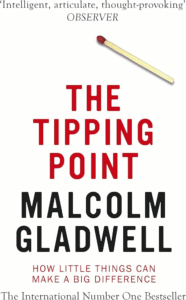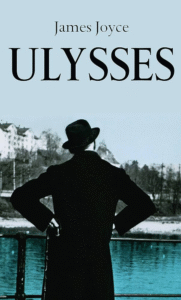The Unfolding Self: Agnes Callard’s Case for an “Open” Socratic Life

Agnes Callard’s Open Socrates: The Case for a Philosophical Life offers a compelling and often provocative re-examination of Socratic philosophy, not merely as a historical doctrine but as a vibrant and necessary mode of existence. Callard argues that the essence of Socrates lies not in a fixed set of beliefs or a definitive method, but in an ongoing, restless pursuit of truth and goodness – a state of “openness” that defines a truly philosophical life. Through insightful readings of Plato’s dialogues, Callard dismantles the notion of Socrates as a know-it-all sage and instead presents him as a perpetual learner, whose wisdom stems from his unwavering commitment to questioning and self-examination.
Philosophy as Engaged Dialogue
One of Callard’s central contentions is that the philosophical life is not a retreat from the world but a deeper engagement with it. Socrates, far from being an ivory-tower intellectual, was deeply embedded in the Athenian agora, challenging conventional wisdom and provoking his fellow citizens. This engagement, however, was not aimed at winning arguments or imposing his own views. Instead, it was a collaborative endeavor, a shared pursuit of understanding through rigorous questioning. Callard emphasizes the dialogical nature of Socratic inquiry, highlighting how philosophy, at its core, is a relational activity. It is in the friction of intellectual exchange, in the earnest attempt to articulate and defend one’s beliefs, that genuine insight emerges.
The Purpose of Socratic Irony
Furthermore, Callard challenges the common misconception of Socratic irony as a form of intellectual superiority or condescension. Instead, she portrays it as a crucial tool for fostering intellectual humility and opening up possibilities for genuine learning. Socrates’ feigned ignorance compels his interlocutors to articulate their own understanding, often revealing inconsistencies and unexamined assumptions. This “opening up” of the other’s mind, Callard argues, is not a manipulative tactic but a necessary step in the shared journey towards truth. By acknowledging his own lack of definitive knowledge, Socrates creates a space where genuine intellectual progress can occur.
The Driving Force of Aspiration
The concept of “aspiration” is another cornerstone of Callard’s interpretation of the Socratic life. She argues that philosophy is not merely about acquiring knowledge but about actively striving to become better, more virtuous individuals. This aspiration is not a passive longing but an active engagement with one’s own values and beliefs, constantly scrutinizing them in light of reason and experience. The Socratic method, with its relentless questioning of fundamental concepts like justice, piety, and courage, serves as a catalyst for this aspirational process. It forces individuals to confront the gap between their current understanding and their ideals, thereby motivating them to pursue a more examined and ethically grounded existence.
Embracing the Discomfort of Inquiry
However, Callard does not shy away from the inherent difficulties and potential discomfort of the philosophical life. The relentless questioning can be unsettling, the exposure of one’s own ignorance can be humbling, and the pursuit of truth can be a lifelong and often frustrating endeavor. Yet, it is precisely in embracing this discomfort, in accepting the inherent uncertainty of the human condition, that the true value of the Socratic life lies. For Callard, this “openness” to questioning, to revision, and to the possibility of being wrong is not a weakness but a strength, a testament to the enduring human capacity for growth and understanding.
The Enduring Call to Openness
In conclusion, Agnes Callard’s Open Socrates offers a refreshing and vital perspective on the enduring relevance of Socratic philosophy. By emphasizing the dynamic, relational, and aspirational nature of the Socratic life, she moves beyond static interpretations and presents a compelling case for its continued importance in our contemporary world. The “openness” that Callard identifies as central to Socrates’ legacy is not just an intellectual stance but a way of being in the world – a commitment to lifelong learning, rigorous self-examination, and a courageous pursuit of truth and goodness, even in the face of uncertainty. Ultimately, Callard’s work invites us to embrace our own intellectual humility and to embark on our own open-ended journey towards a more philosophical and ultimately, a more meaningful life.










